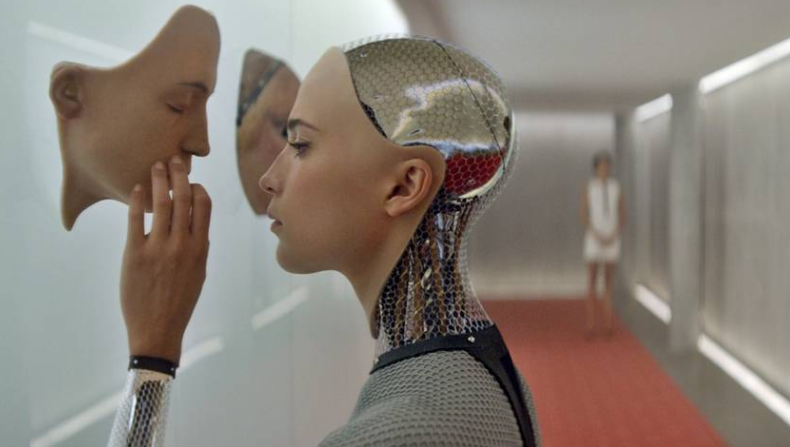
At the recent Semi-Permanent event Google Search Head of Design Hector Ouilhet shared his experience of entering our country. As a foreign national holder, he had to queue with hundreds of people in the ‘Other Passport’ line. As is often the case with the broad brush-strokes of bureaucracy, there were more than 15 empty ‘New Zealand Passport Only’ cubicles designated for passport chip technology.
In line behind him was a couple with a baby – and the child was not a happy camper. In fact, the infant was clearly distressed and crying loudly. While Hector was contemplating the role technology could play in making immigration more efficient, such as automatically opening more cubicles for foreigners based on foot traffic, he noticed something special happening. An immigration official left her cubicle, approached the couple and escorted them to the front of the queue, stamped their paperwork and then escorted them through to customs.
Many New Zealanders will confirm that this is the Kiwi way. But what struck Hector most was the empathy the official displayed and the sheer humanity of the gesture. The question this raised in his mind was ‘if all our systems were based on AI alone would this have happened?
His story made me think. And I came up with a question of my own, ‘Do humans actually fear AI as a technology or do we actual fear the potential loss of humanity that could result from advanced AI?’
There’s been talk in the media about job losses as AI and robotics take over our roles and even ‘take over the world’ but I wonder if we are actually more worried about losing ourselves, our empathy, – our humanity?
I certainly am.
I don’t fear the loss of jobs because history has shown we adapt. The fears and actual job losses experienced in the 1800s because of the first industrial revolution did not stop our growth, we adapted and created new jobs in spite (and in many cases, because) of machines.
And if we’re honest about it, I bet that if you could change one thing about the world, it would not be stopping the industrial revolution from taking place. I’m also certain you would also not be willing to give up your smartphone and all your apps either – but they too are a form of AI and technological advancement and part of the fourth industrial revolution in which we live today.
As a species we are highly adaptable and I believe that we will adapt and we will survive. Personally, I don’t think that robots will take over the world because they don’t have what is innate to us – humanity.
Humanity can’t be taught. It is what we are and perhaps it is more than that. Think about the emotion that you feel when you see a mother cuddle her child, or the feeling you get when you win new business – those experiences and emotions cannot be replaced by robots.
I see technologies such as AI and robotics as tools. Tools that, like many others, when used well make us better, smarter and more efficient. I don’t envisage a world run by robots. Instead, I see a world where robots help us achieve the things we need to do. That leaves us free to spend time on the things that REALLY matter – living life and building memories with those that we love.




